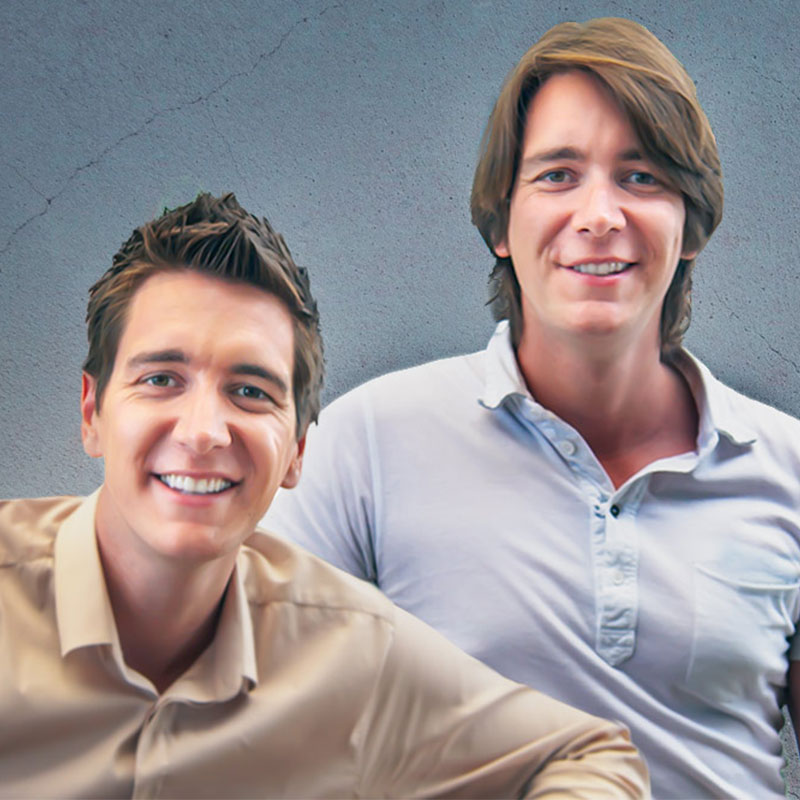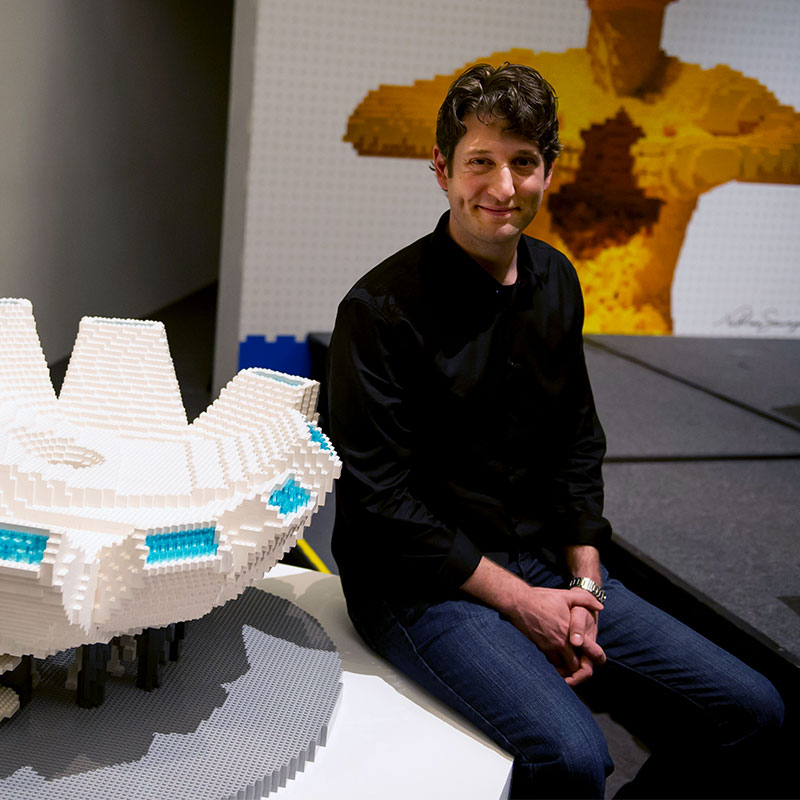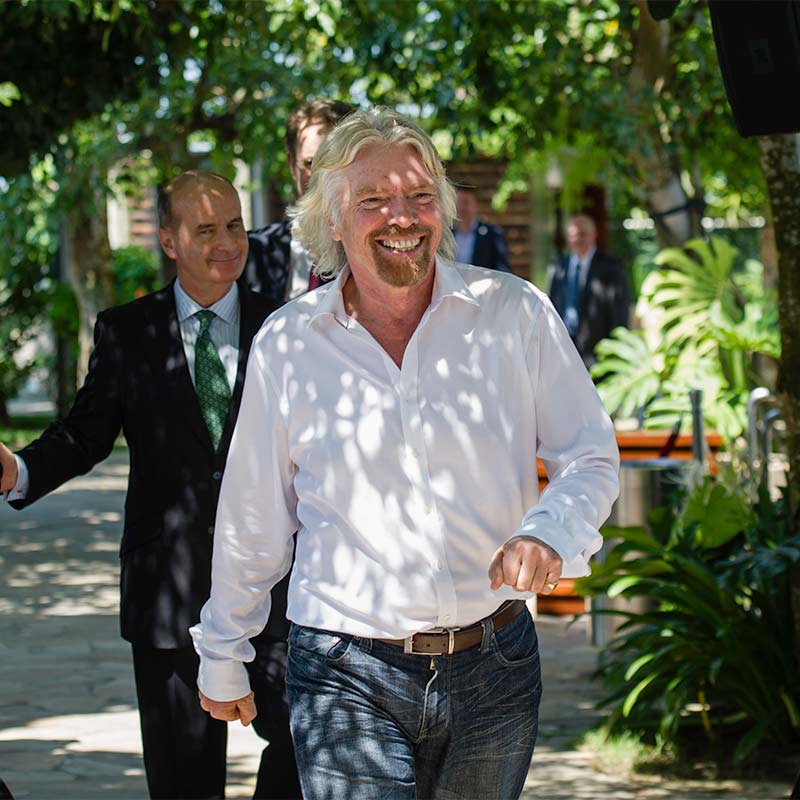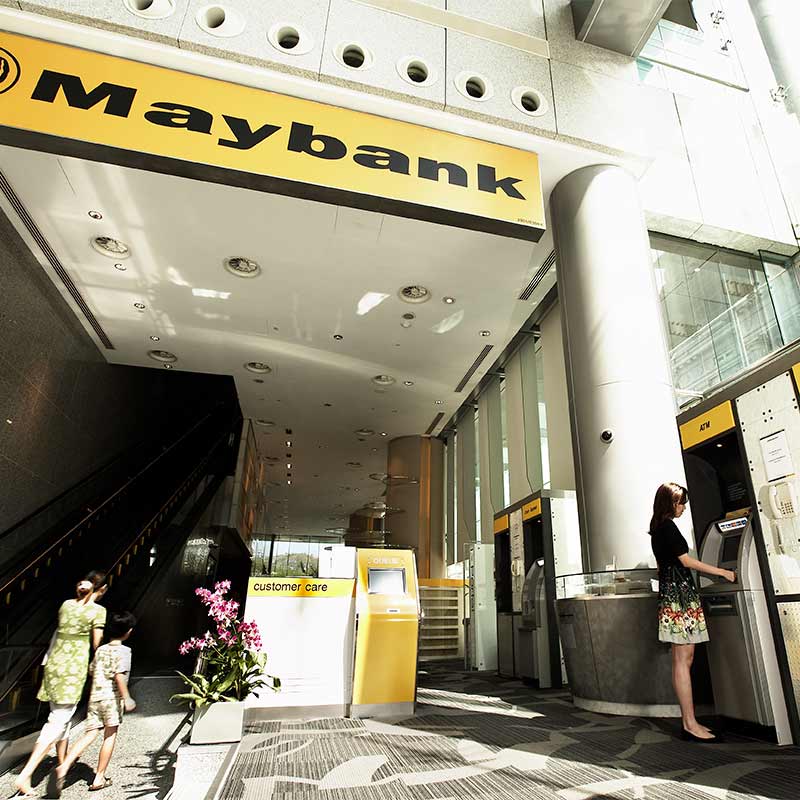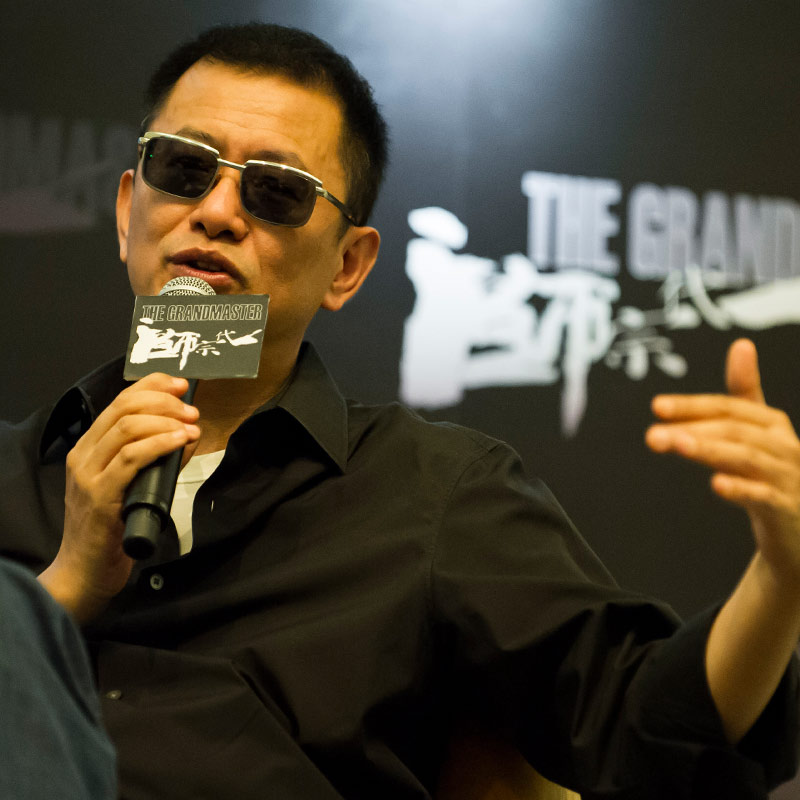Richard Branson's Mission Possible
The Virgin CEO talks jobs, sustainability and sweat
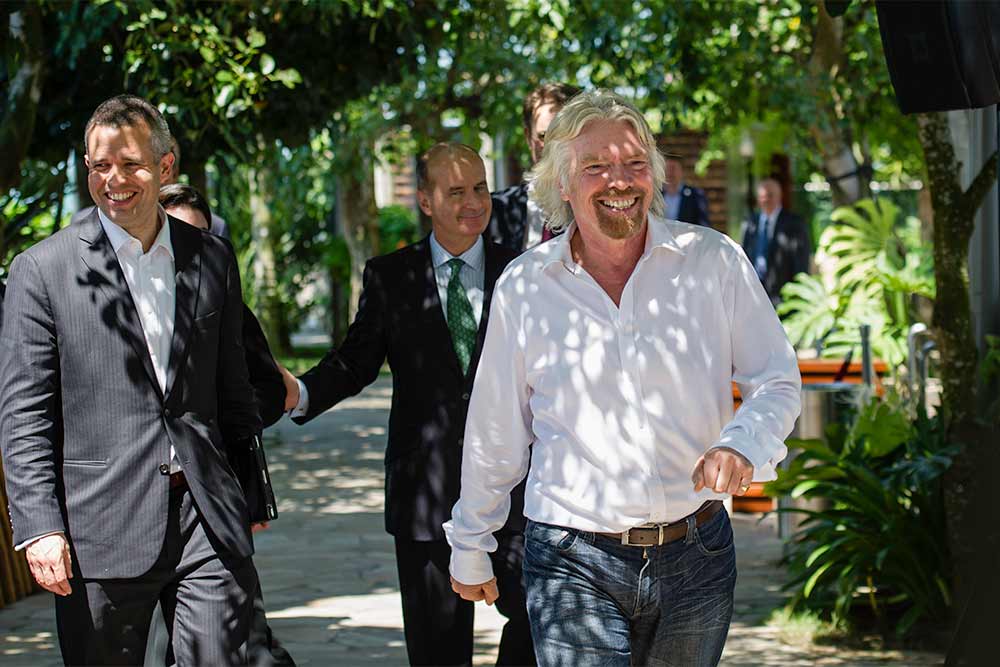
Peter Boyd, Jose Figueres, Richard Branson.
Marina Bay Sands
You're in Asia promoting the Carbon War Room. Why now?
Branson: The reason we've founded the Carbon War Room is to get businesses around the world to unite and come up with imaginative ways to reduce carbon output without destroying business. We've set up this non-profit to share best practices and ideas because the planet could ultimately be destroyed by trapping itself in a big blanket of carbon.
What's difficult about carbon?
Branson: We can't see the enemy. It's not a particularly sexy subject for television cameras to broadcast. And journalists want to write about things which are tangible. It's not easy to make the case for carbon. But we're going to give it our best shot.
Figueres: What Sir Richard has been championing for is the 50% reduction of carbon emissions today which can be cut in a profitable way with no need for further governmental agreements or interactions between nations. This is the space where the Carbon War Room operates: making profit out of carbon reduction while creating economic well-being with jobs, opportunities, investments and new business models. This is a true revolution for a world which needs a better outlook.
Branson: We have the Carbon War Room set up in America and the UK. And we'd just absolutely love to see it set up here and involved with as many companies in Asia as possible. We want to bring wonderful people from this region into the fold so their businesses and the environment can benefit.
A country like Singapore has a Ministry of Environment who shares our worries about rising sea levels. So we've got to come up with imaginative ways to avoid catastrophes like this from happening.
How are industries moving forth to reduce carbon?
Branson: In terms of hotels, we try our best to keep our own house in order. For instance, you won't see any plastic bottles at any Virgin hotel. We've banned them and bottle water ourselves in either glass or washable bottles. It's an interesting example we've adapted from Necker Island, the place where I live, which has resulted in savings of $250,000 a year. Bottom line: everyone can benefit from less plastic.
If Virgin comes up with a money-saving idea, the Carbon War Room can share it and educate other hotels around the world. Marina Bay Sands and its eco-practices is an example of an environmental win-win situation. If hotels could be built with carbon-friendly concrete, it would be so much the better. There are so many ways you can save your business large amounts of money in sustainable ways. And the Carbon War Room wants to help.
The airline industry is doing a lot to reduce its carbon output and save money. We've sent a spaceship into orbit made with 100% carbon fiber. And hopefully we can encourage the airplane industry to build their planes in a similar way to dramatically reduce fuel burn. Air Asia has just joined the Carbon War Room in its quest to adopt clean fuels, and we're trying to get every other airline on board.
Ultimately it's in the industry's interest to adopt clean fuels: government doesn't have an excuse to tax, and you become more competitive against dirty fuels. And that could reduce the cost of fuel and price of a ticket. More people could travel and grandparents could visit their grandchildren more often. Addressing carbon output in imaginative ways is good for everybody.
We've got to come up with imaginative ways to avoid catastrophes like [rising sea levels].
Richard Branson, Carbon War Room founder
Have you formed any unlikely partnerships with industry?
Branson: Shipping. I think there's an awful lot of industries that haven't been touched. The Carbon War Room has got so much firepower. And we're hoping by being here in Asia, we can bring in a lot of players to work with us.
Figueres: That's right. In shipping, Maersk and Rightship are our partners. Together, we give ships, about 60,000 of them sailing in the world's oceans, an A-to-G efficiency rating as if they were appliances being bought by consumers. Companies chartering a vessel to move merchandise from one place to another can now look at a ship's energy efficiency and decide who to charter based on that information. The Carbon War Room enjoys, looks forward to, and is adamant about creating partnerships with the private sector to reduce carbon together.
Boyd: It's time to look at big data. There's an explosion of computer and machine technology and the amount of information they produce. Today, there are four hundred million interconnected websites growing to one billion. Data cuts through every sector and takes a lot of carbon to power that movement of information around the globe.
Tell us about your trip to Asia, so far.
Branson: I've never had a press conference with a more beautiful, incredible view. I just looked over my shoulder and my breath was taken away. Also, with the amount of water we sweat in Singapore, I'm sure we could each recycle an entire bottle of water. Right. It sure is hot here. I'm going to put two bottles at the bottom of my legs.
Reference
Download the original interview with Sir Richard Branson, Jose Figueres and Peter Boyd.

